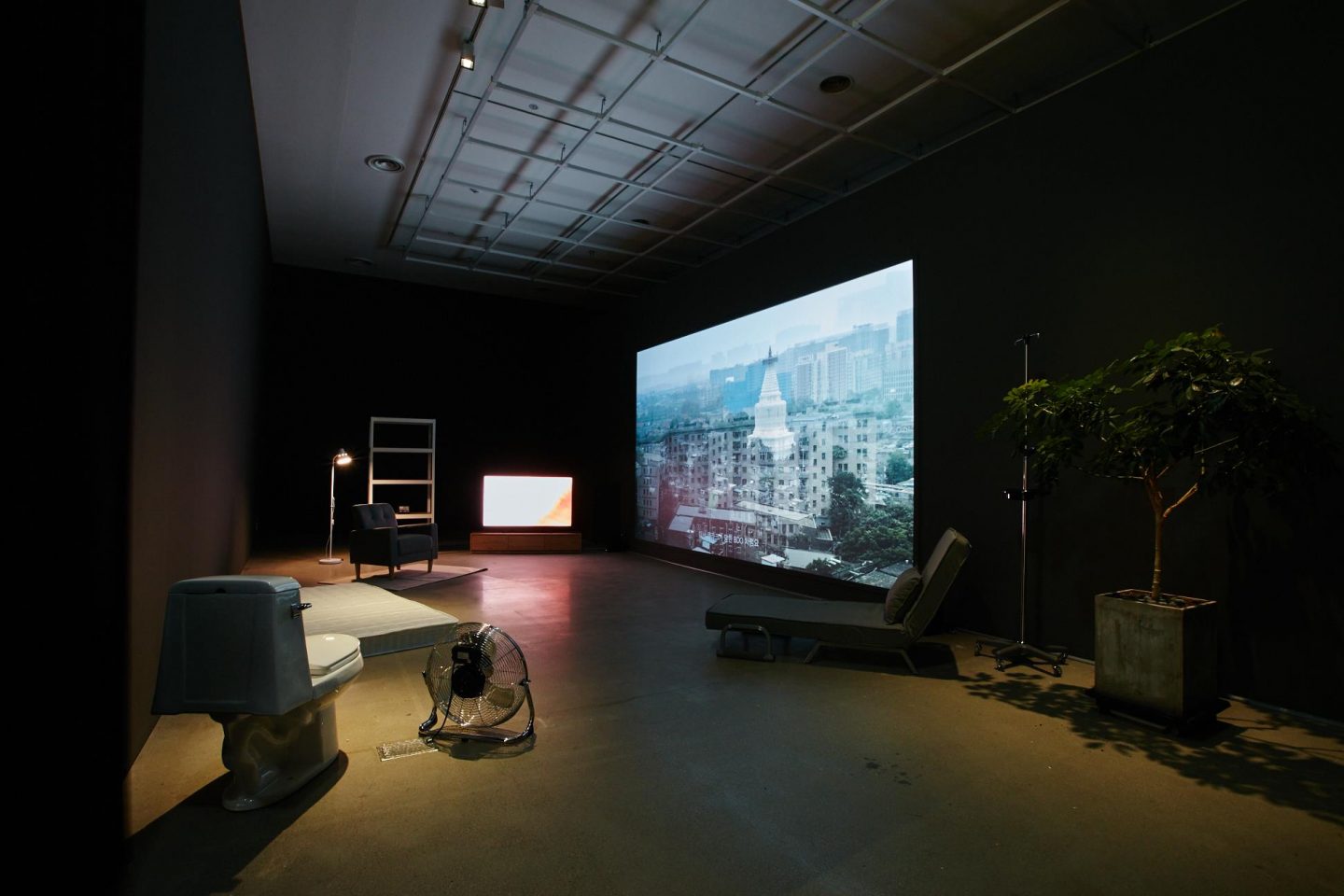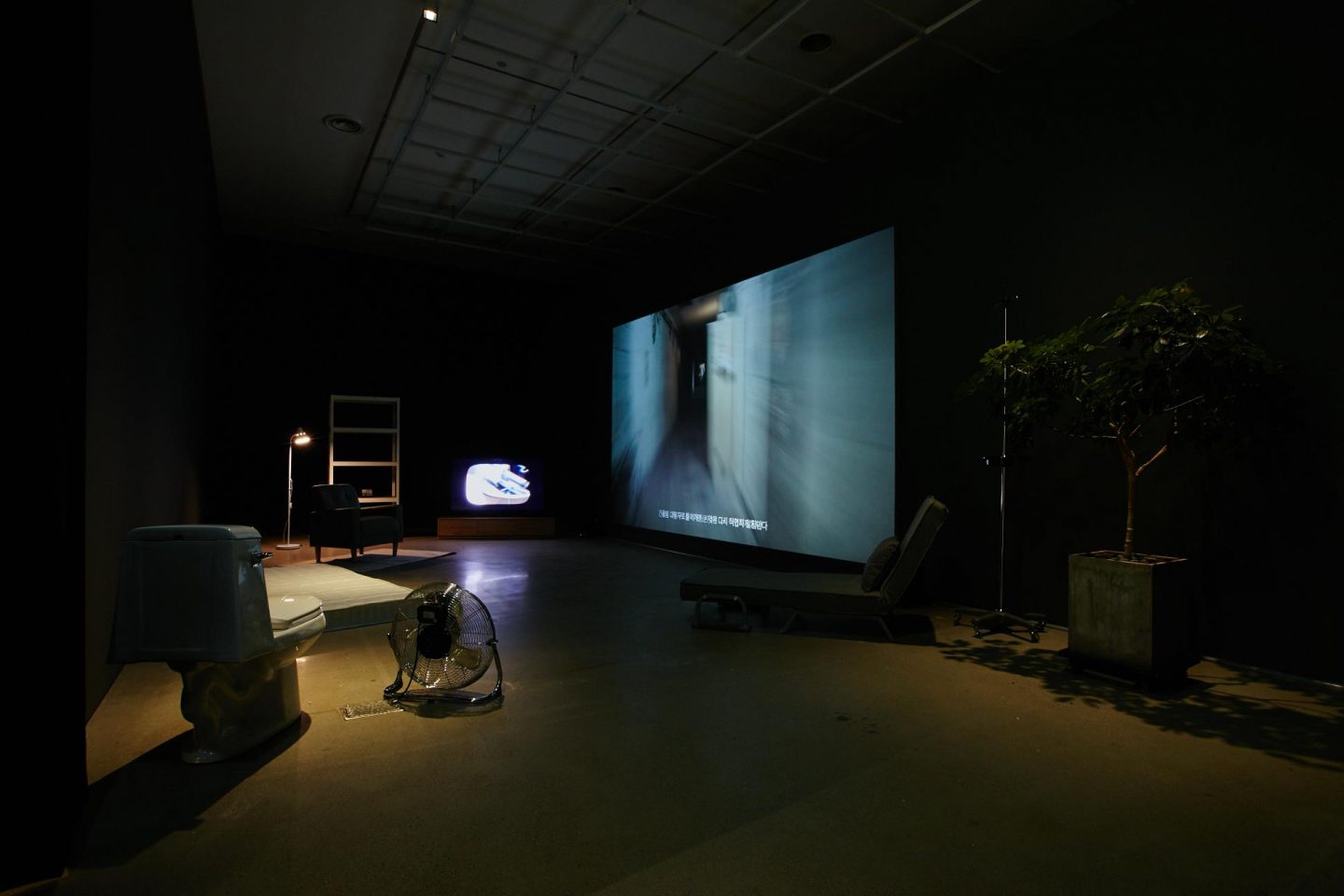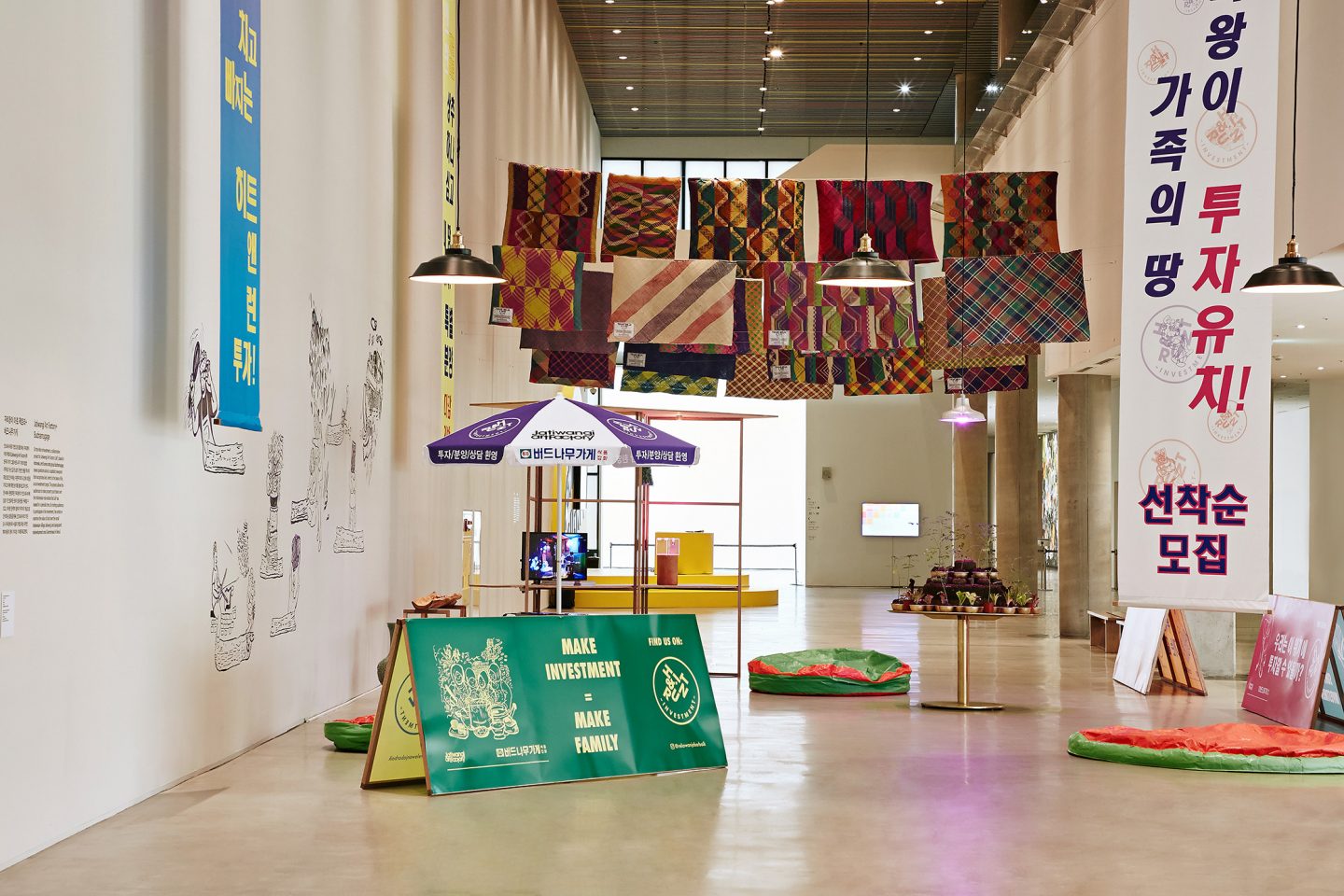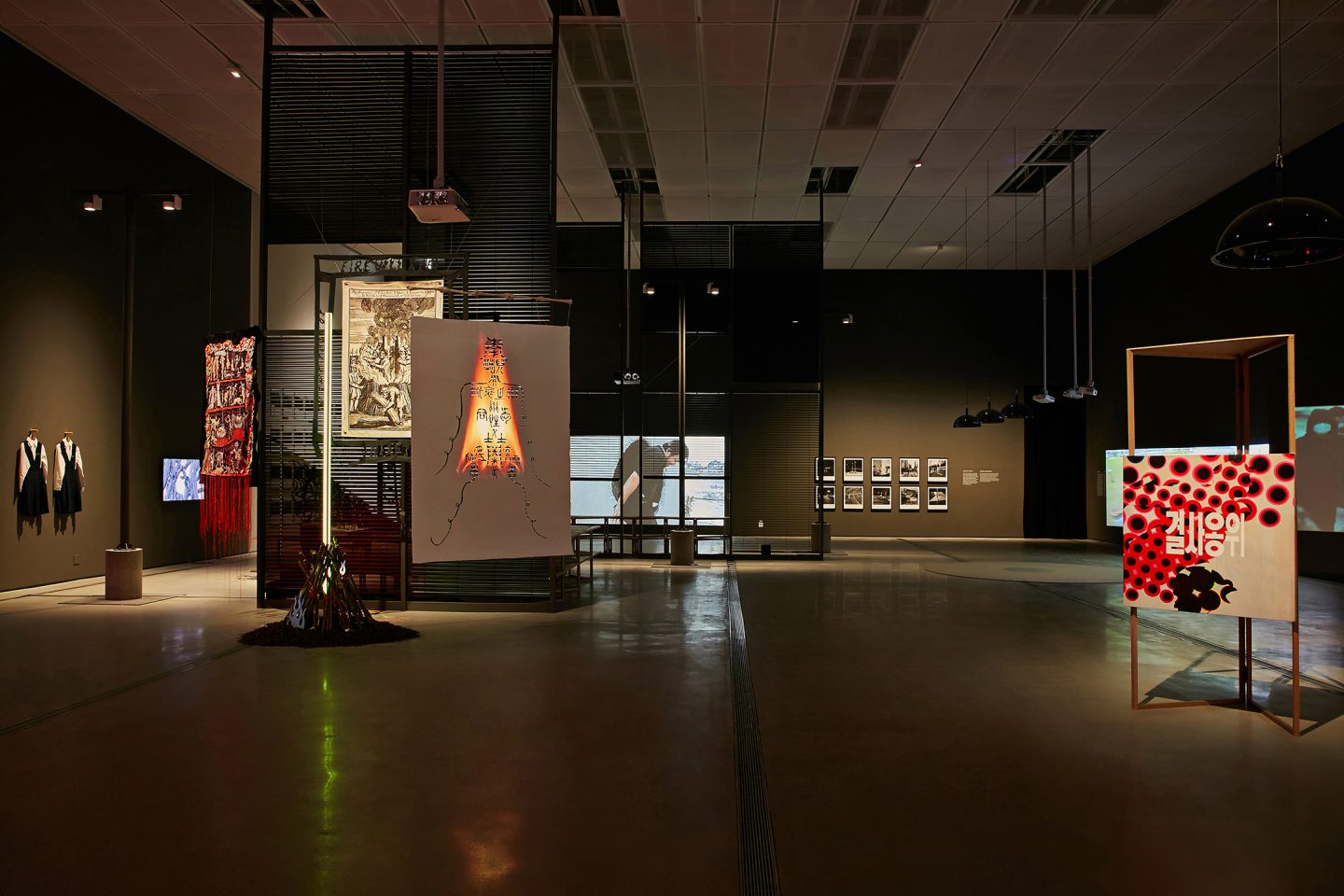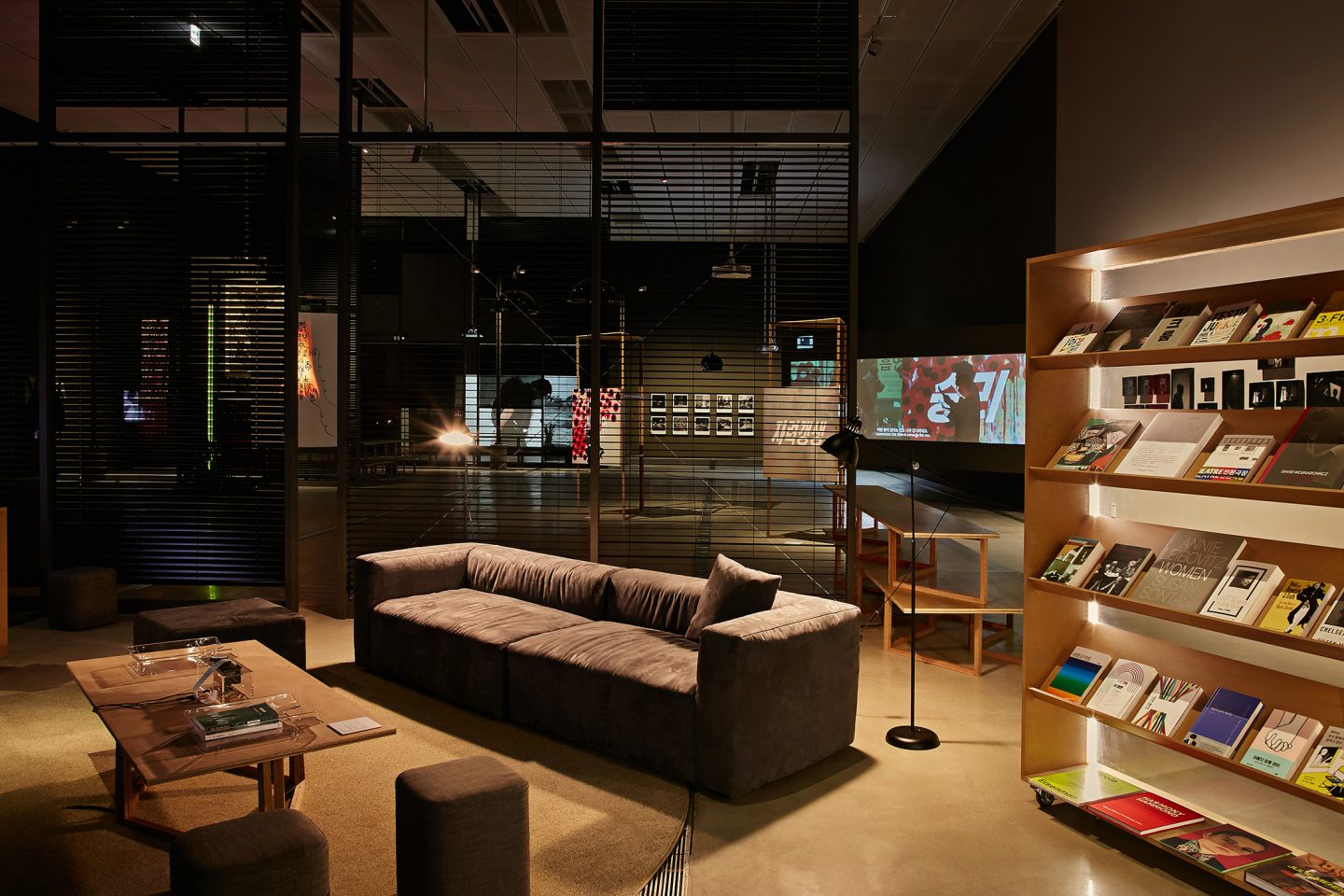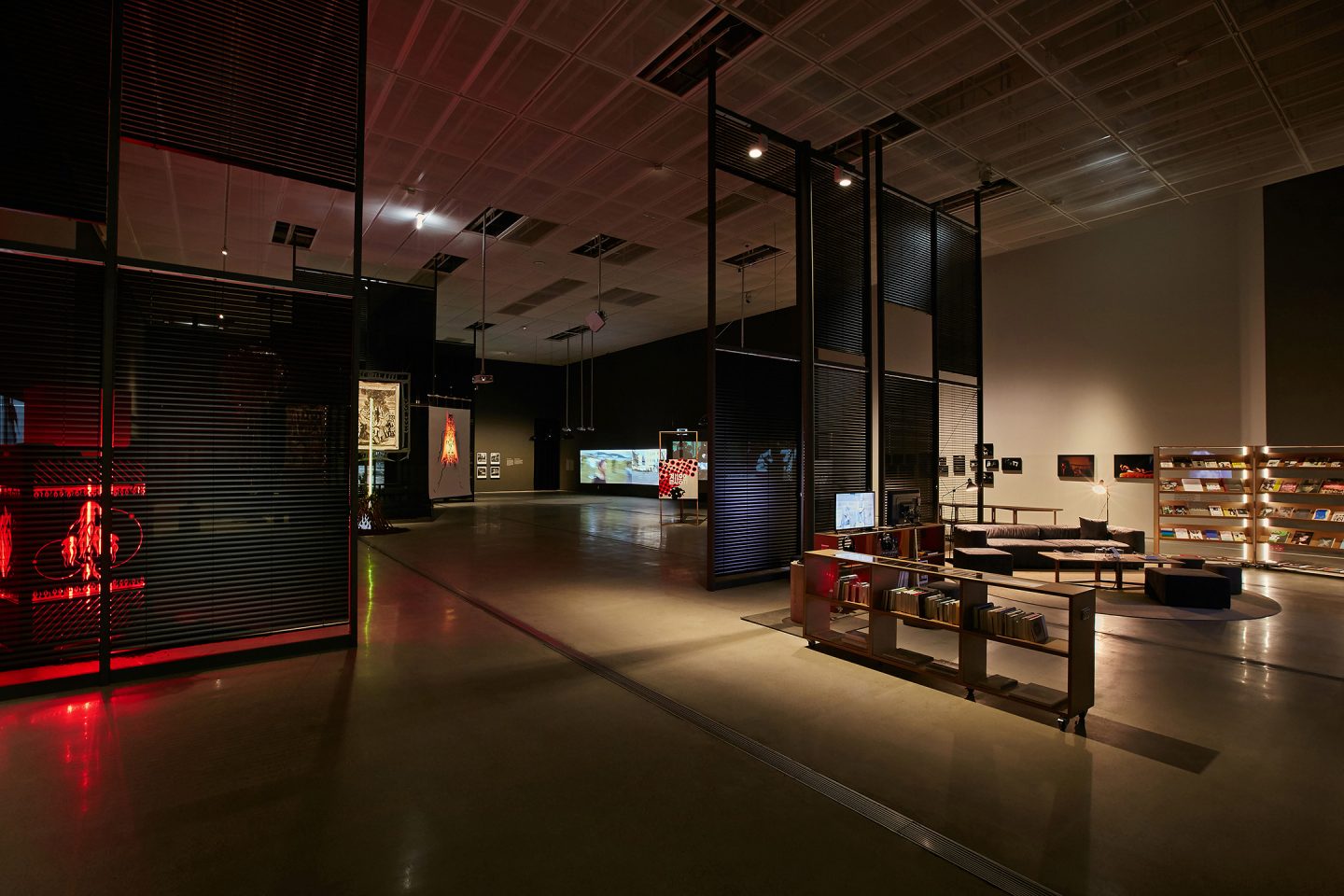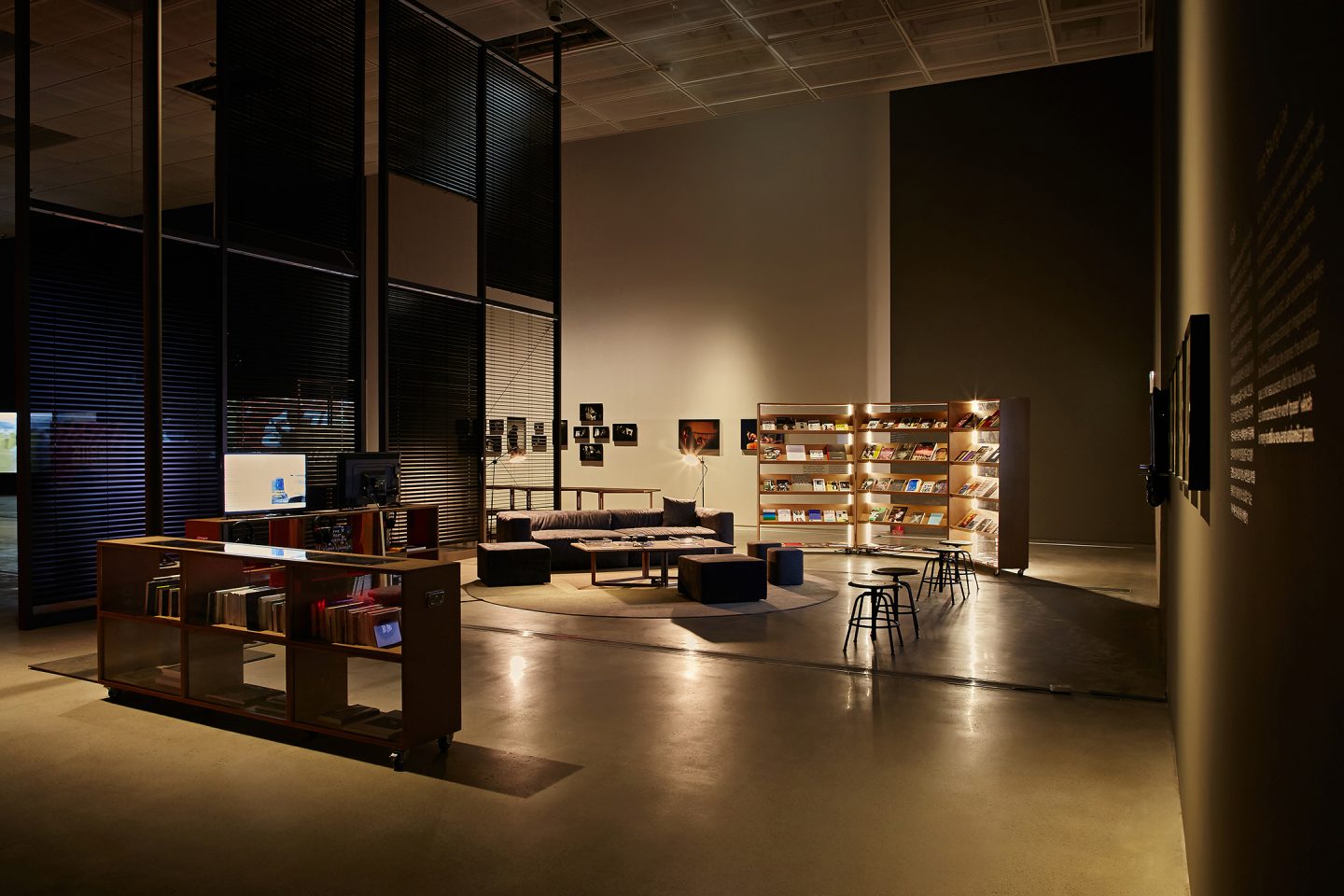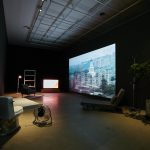
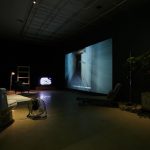
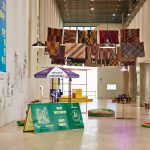
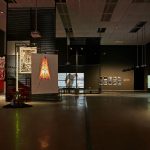
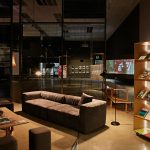
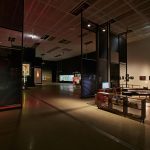
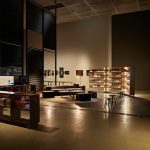
The National Museum of Modern and Contemporary Art, Korea (MMCA, director Youn Bummo), presents the 2020 MMCA Asia Project: Looking for Another Family from 22 May through 23 August at MMCA Seoul.
As an institution central to Asian contemporary art, the MMCA has been organizing the Asia Project focusing on Asian contemporary art since 2017. The exhibition How Little You Know About Me (7 April–8 July 2018), held as the first edition of this project, proposed Asia as more than a geological identity and as a new and critical perspective on the world.
Deploying the concept of “family” to represent social solidarity, this year’s second-edition exhibition Looking for Another Family presents Asia as a public platform on which to discuss and share diverse issues concerning the Asian territory. In this scheme, the museum serves as an open space for discussion, gathering people of all generations and socioeconomic statuses for artists and audiences to envision “another form of a family”—a fluid platform for empathy and solidarity.
Featured in this exhibition are 15 teams of artists from eight Asian countries—Korea, China, Hong Kong, Taiwan, Japan, Indonesia, Malaysia, and the Philippines—who depart from contemplation on their own identities to explore wider realms of consciousness: their own communities, societies, countries, and eventually, the world. The artists also offer opportunities for viewers to involve themselves in active communication not only through artworks comprising performances, photographs, and videos, but also through workshops in the forms of a snack cart, farming, an investment booth, a music video screening, a newsroom, and a roundtable discussion.
The exhibition begins at Gallery 5 and continues through the communal space in the hallway into Gallery 6, accompanied by diverse programs that encourage audience participation. Gallery 5 inspects aspects of individuals within communal groups, shedding light on the confines of a social system run by dichotomous logic and their impact on the human body and mind. Kang Seung Lee (Korea) sets up a lounge-style bookstore under the title Imaginaries of the Future, documenting the past, present, and future of the Korean LGBTQ community through installation and drawing. Through a series of photographs, Tandia Permadi talks about his inner conflict associated with the gender role assigned to him by his family. Centering on shamanistic performances, Dew Kim discusses issues of queerness and gender along with the concepts of transhuman and posthuman through a K- pop–style music video. Born in Korea and raised in Japan, artist Jong YuGyong contemplates through the Letter of a Private the military service duty imposed on him by South Korea in light of his sense of belonging to neither Japan nor South or North Koreas. Ni Hao presents a sculptural recorder shaped like tangled tree roots to make a statement about the biased music education centering on Western instruments. Atsushi Watanabe puts on a performance of demolishing a concrete house as a representation of his experience as a hikikomori (a socially reclusive person who lives in seclusion) and the process of his recovery. Eisa Jocson presents SuperWoman KTV, karaoke room inviting the audience to sing and dance along to the songs of The Filipino Superwoman Band, the lyrics of which describe the emotional labor required of female workers. RESBAK, a collective group of Filipino artists, and South Ho Siu Nam present videos and photos exposing the horrors of state violence while Isaac Chong Wai presents One Sound of the Futures, a video performance involving 240 people in Hong Kong, Wuhan (China), and Gwangju (Korea).
The works displayed in the communal space in the hallway and Gallery Madang talk about “another family,” a place where empathy and solidarity begin to form as a way to find solutions to the problems addressed in the works in Gallery 5. As a collaboration project, 98B COLLABoratory, HUB Make Lab, and KANTINA co-present Turo-Turo (meaning “point / teach” in English), sharing food and thoughts around a snack cafeteria to propose casual discussion and alliance. Jatiwangi Art Factory and Budnamugage’s collaboration project On the Way to Investment makes the form of an investment booth, inviting visitors to discuss and question the capitalist view of land—the basic condition for life—as an investment item. YeeI-Lann joins a small resident community in Sabah, Malaysia, to weave the community’s historical memories and ironies into a large-scale woolen work using traditional handcraft techniques. Feminist Designer Social Club (FDSC) presents FDSC News, introducing female designers based in Korea and their activities.
Finally, featured in Gallery 6 is Obsessions, a video piece by Wang Tuo. This piece observes the history of a symbolic building in central Beijing built in the 1950s from the perspective of an architect under hypnosis, portraying the futility of an ideal that was believed to last unchanged.
MMCA is planning to organize online opening reception through a conference call on 22 May as there are many of participant artists couldn’t present themselves onsite due to travel restrictions with the COVID-19 pandemic. There will be online guided tour by curator and the artists will make a brief introduction to celebrate the opening.
Youn Bummo, director of the MMCA, notes, “Looking for Another Family is an opportunity to introduce the diversity and dynamicity of Asian contemporary art to Korean and overseas audiences. At this time of global crisis marked by the COVID-19 pandemic, the innovative works of the Asian artists in this exhibition and their collaboration will hopefully propagate the spirit of social solidarity and coexistence to the world—the message should resonate especially louder in the Asian territory.”
